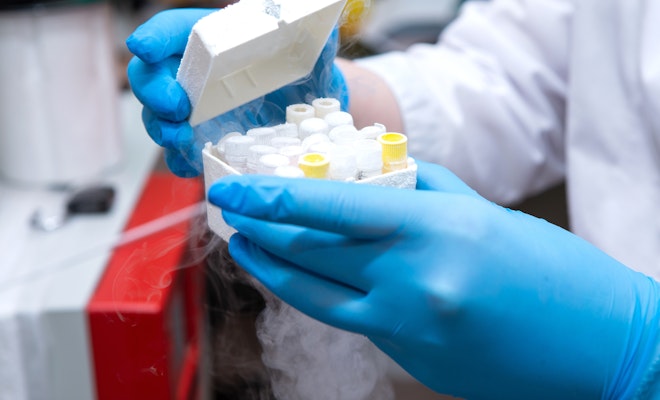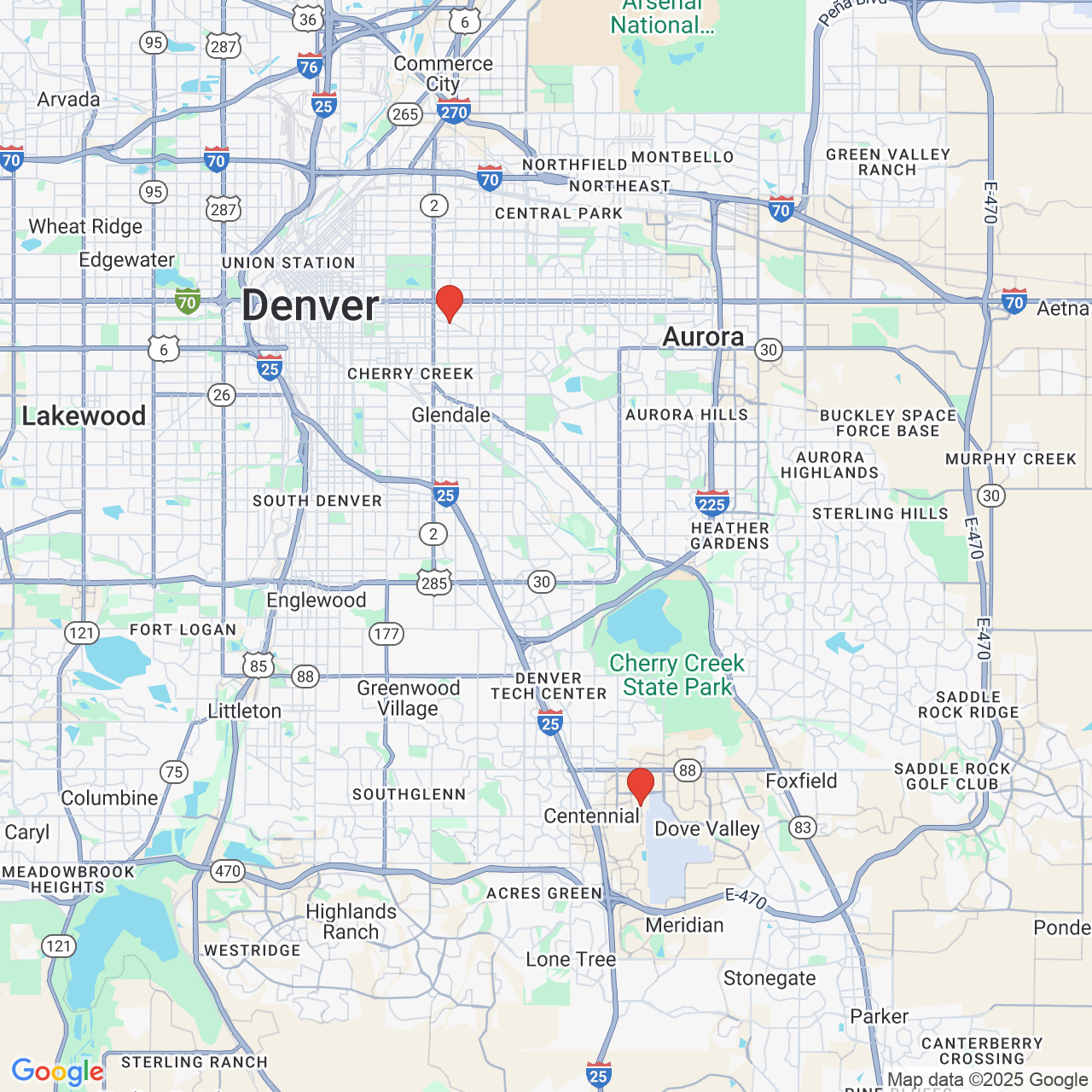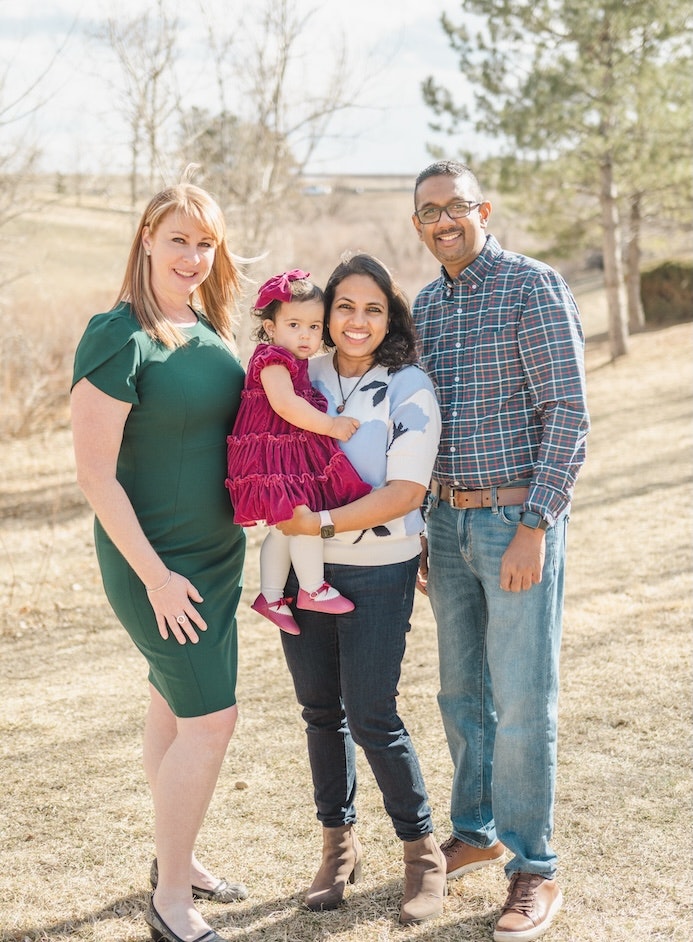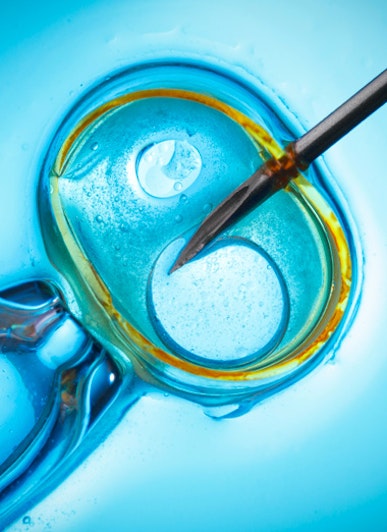Egg Donation
If you've struggled to conceive naturally or with other fertility treatments, you still have options.
For many patients, egg donation paired with IVF or surrogacy is the right choice.
Explore how egg donation with Denver Fertility Care in Englewood and Denver, CO, can help you achieve your dreams of parenthood.
What Is Egg Donation?
Egg donation is a method of assisted reproduction in which an egg (oocyte) is obtained from a selected donor. That egg is then fertilized in our state-of-the-art laboratory with sperm from a male patient or a sperm donor. The resulting embryo is then transferred into an intended mother’s or surrogate’s uterus during an in-vitro fertilization (IVF) cycle.


Want to Learn More About Egg Donation?
We understand that exploring reproductive treatments can feel a bit overwhelming. We are here to guide you every step of the way. If you want to learn more about egg donation or are ready to start the process of IVF with an egg donor, your first step is a consultation with our fertility experts. Fill out our online form to request an appointment. You can also call our offices in Englewood and Denver, CO.
Englewood: (720) 420-1570
Denver: (303) 321-7115
Hear From a Real Patient
"Like many, my husband and I have embarked on a journey to parenthood filled with uncertainty and challenges, however, we could have not done this without the support of Dr. Ambler and the extended team at Denver Fertility Care. We look forward to continuing our journey with Dr. Ambler and her team. While our journey may look different from others, I would recommend Dr. Ambler over and over again for anyone in Colorado."
Courtney, 2024
Egg Donation and IVF Process
Egg donation is a tried and tested method of assisted reproduction that helps patients struggling to conceive.
Frequently Asked Questions About Egg Donation
Q: I want to donate my eggs. Can you help?
A: Yes, we do work with egg donors! Denver Fertility Care proudly partners with Cofertility to provide safe, compassionate, and well-coordinated egg donation options. We also collaborate with multiple trusted egg donor agencies to ensure our patients have access to the best possible matches and resources. Whether you’re interested in donating your eggs or exploring egg donation as part of your fertility journey, our team will guide you through every step of the process with expert care and support.
Q. How much does egg donation in Englewood and Denver cost?
A. The cost of using an egg donor is set by each agency, while we handle the IVF costs. Using an egg donor will increase the total cost of your treatment, but each agency has its own fee schedule. We offer financing to make your IVF treatment more accessible and affordable.
Have more questions about egg donation in Englewood and Denver?
We Help Make Parenthood a Reality
"We were with the clinic for over a year, from IUIs to IVF, and we finally have our baby on the way. Some of the process can be a little frustrating but overall we had a wonderful experience and loved everyone at the clinic. I would never choose another clinic. We will be back for our next baby!"
Cinthia















